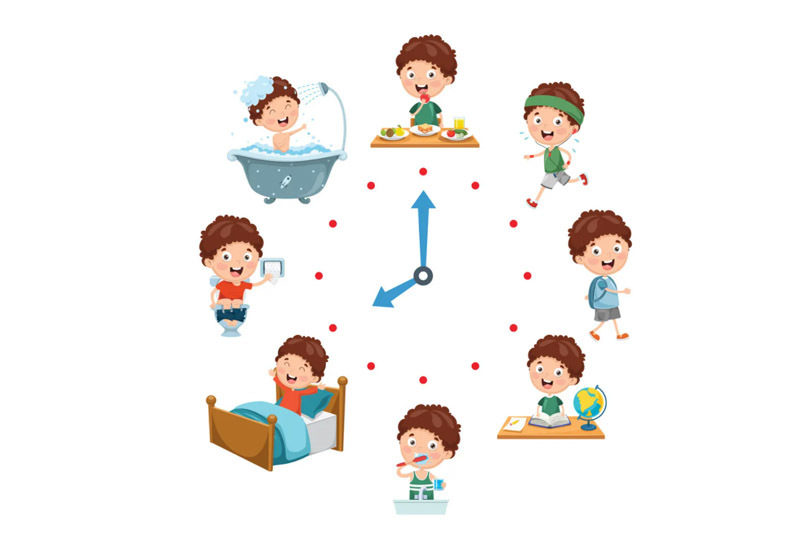Social isolation in children during COVID-19

The Coronavirus (COVID-19) continues to have significant health impacts worldwide. The constant change in restrictions can be exhausting, especially for children. Younger children are struggling with the inability to understand why these changes, particularly the physical distancing requirements, are being put in place. They do not understand why they cannot go and see their friends, why they cannot go to the park and play, why they cannot go and visit their grandparents. It can be frustrating for them, and they will often express their frustration through their behaviour. Examples of this include aggression, being withdrawn, acting ‘naughty’, and excessive crying. Children will experience anxiety associated with social isolation, just as adults do. It is important to acknowledge this and support their concerns.
HOW TO HELP
Routine. Isolating at home has thrown the majority of daily routines into disarray, which can be scary. However, to ensure your children maintain a healthy mindset, it is important to acknowledge these changes and adhere to as much of your regular routine as possible. Set morning alarms to a usual time so your body clock is not out of sync, and share a nutritional breakfast together. Structure your day in a way that is similar to children’s pre-COVID routine. Start schooling at the same time and have breaks that simulate the same as the children’s school. In these breaks it is advised to have a healthy meal, and not expose yourself to large amounts of sugars and fats. This creates a sense of normality for children.
Reassurance is also important in helping your children manage the social isolation. Reassurance that things will be okay if we just follow the protocol. Reassurance that it is okay to feel scared. Acknowledge your child’s emotions and feelings throughout this time. Openly discuss these with them and assist in any way you can. It is important to be honest with them. These are real life issues that have severely impacted the overall functioning of the world. So be honest in sharing with them how they can do their bit to stay safe and healthy.
Social interaction for humans is important for functioning, as well as personality growth. In times like this it is important to continue to facilitate the connections required for growth and development in children. Staying connected to loved ones via video chats, phone calls, messages, and even old-fashioned handwritten letters is suggested. Including your children in discussions around the house and having healthy positive conversations will increase levels of happiness, social skill development, and provide that necessary face-to-face interaction. Look to keep screen time to a minimum. Although screen time and online gaming is great for maintaining social connectedness, Children will often sit for hours playing games. Breaking up these periods of time by creating new opportunities for meaningful connections in other formats is also important.
ACTIVITIES
In order to keep your children entertained, remain connected to others socially, and improve family cohesion, there are numerous activities that are easy to set up and can be fun for the whole family.
- You Tube
- Cosmic Yoga
- Go Noodle
- Art classes - Colouring/Drawing/Painting
- Train track building
- Education
- Researching family tree
- Design a family emblem
- Discuss the countries of the world - Build a cubby house
- Video calls with family and friends
- Connect with friends through kids messenger
- Cooking
- Finding a pen pal and writing letters to friends and family
- Board games and Puzzles
- Exercise
- Backyard games
- Walking around the block
- Obstacle course
- chalking - Arts and Crafts with recycled materials
- At home/nature treasure hunt
- Paper airplane competition
- Video games (in moderation)
If your child is struggling to cope with the social isolation associated with the COVID-19 restrictions and rolling lockdowns, or if you would like hints and tips to support your child, please contact the staff at Progressive Psychology on 0477 798 932.
Bianca Bartling is a Counsellor at Progressive Psychology.
